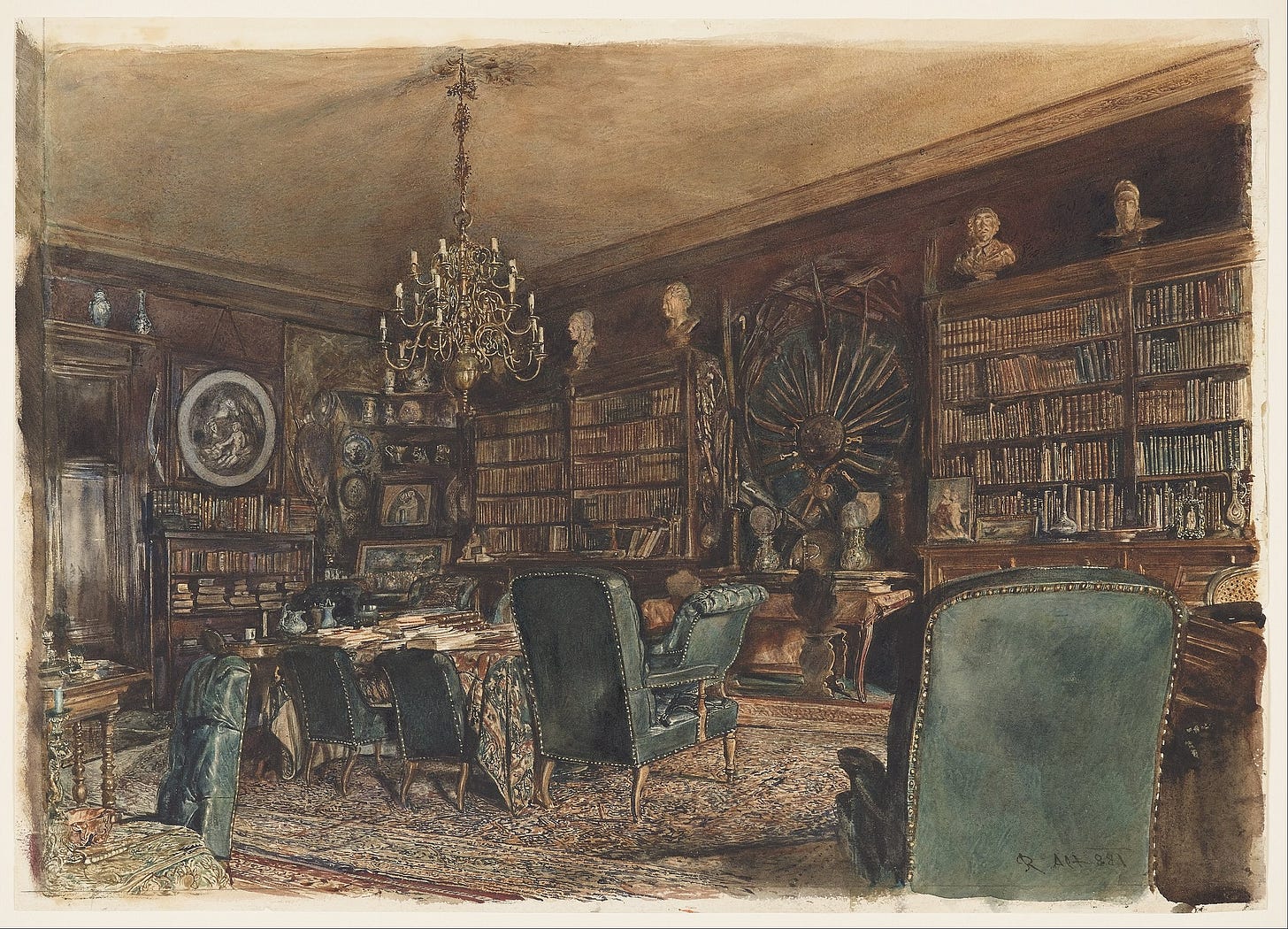
“Verba volant, scripta manent.” [“Spoken words fly away, written words remain.”]
— Latin proverb
Leaders know that if you want people to remember what you say, put it in writing.
We’re fortunate to live in a time when we can consult the oracle at Google, finding myriad answers to the puzzles of life that confound us — where a great speech given by a leader of the past is no more than a Wikipedia article or YouTube video away.
But the reason we can easily peruse the clever oratory of Marcus Tullius Cicero or the simple brevity of Abraham Lincoln’s Gettysburg Address is that we have them in writing.
The treasure chest of humanity’s history is the written word. Somewhere along the way, Homo sapiens determined that we needed a record of our thoughts, processes, and events.
Keep reading with a 7-day free trial
Subscribe to Timeless & Timely to keep reading this post and get 7 days of free access to the full post archives.




